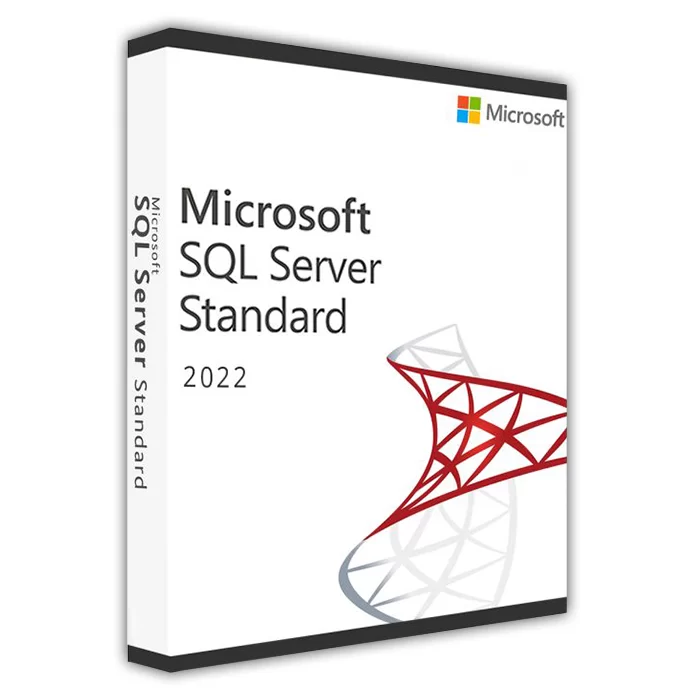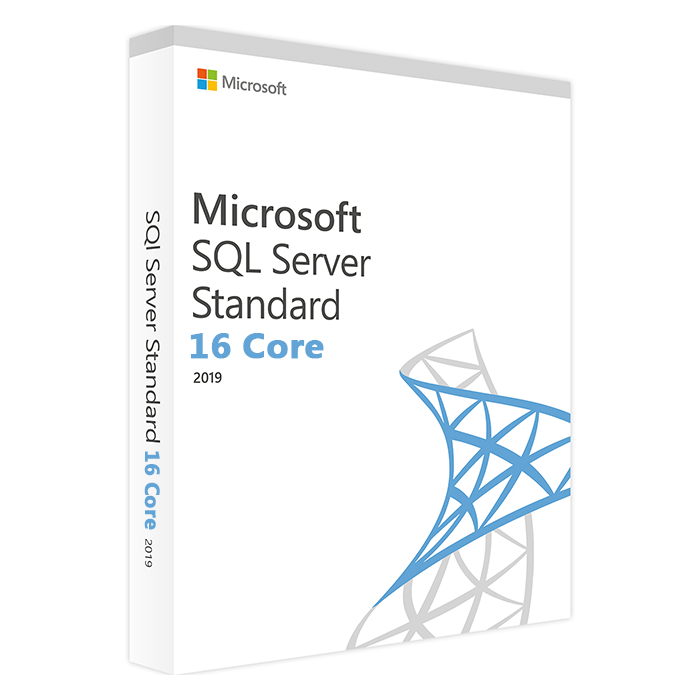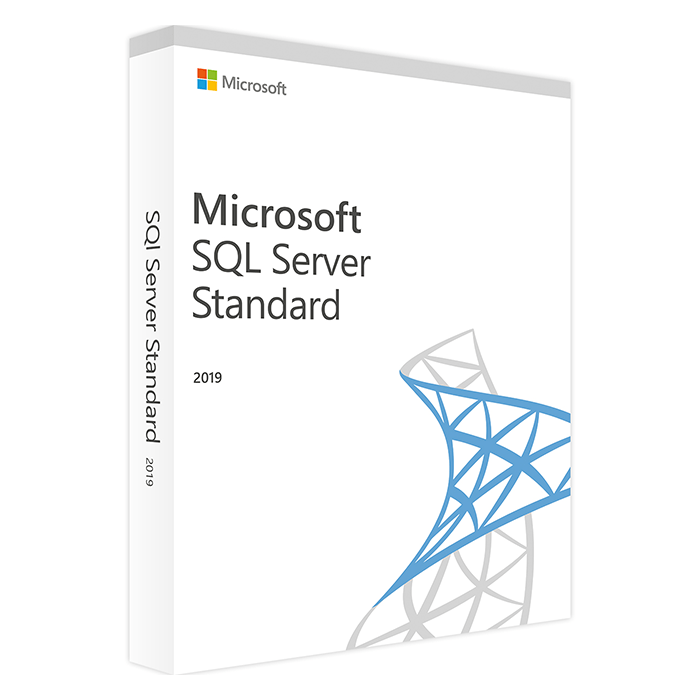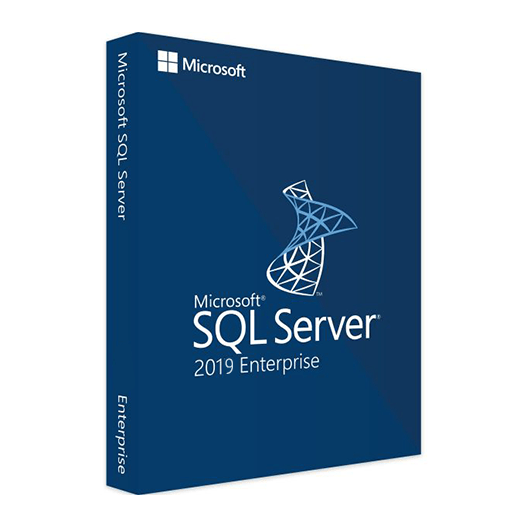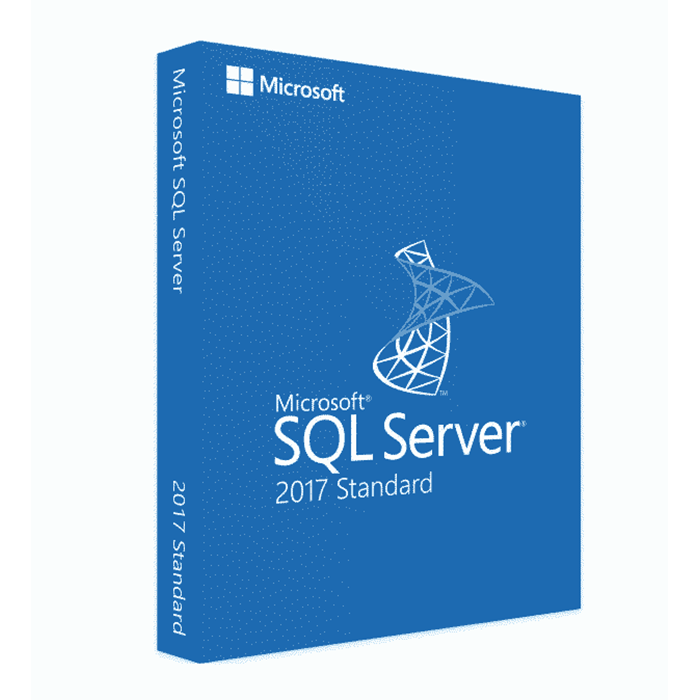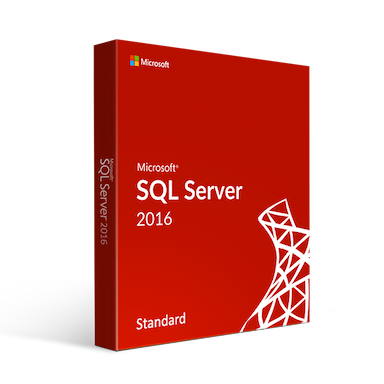Home » Optimizing SQL Server Indexing for Query Performance
Optimizing SQL Server Indexing for Query Performance
In the realm of database management, one of the most critical aspects of optimizing query performance is effective indexing. SQL Server indexing plays a pivotal role in speeding up data retrieval and query execution. In this comprehensive guide, we’ll explore strategies, best practices, and tips for optimizing SQL Server indexing to boost query performance.
The Importance of Indexing
ndexes are database structures that improve the speed of data retrieval operations on database tables. Without proper indexing, queries can be slow, causing performance bottlenecks. Here’s why indexing matters:
Faster Query Execution: Indexes allow SQL Server to locate and retrieve data more quickly, resulting in faster query execution.
Reduced Resource Consumption: Well-designed indexes consume fewer server resources, reducing CPU and disk I/O.
Improved User Experience: Faster query response times improve the user experience for applications and end-users.
Strategies for Effective Indexing
Identify Query Patterns
Analyze your query workload to identify common query patterns. This includes frequently executed queries and those that retrieve large datasets. Create indexes that align with these patterns.
Use the Right Index Types
SQL Server supports various index types, including clustered, non-clustered, and full-text indexes. Choose the appropriate index type based on the query’s requirements.
Clustered Indexes
A clustered index determines the physical order of data in a table. Each table can have only one clustered index. Typically, it’s chosen based on the primary key column(s) to optimize data retrieval.
Non-Clustered Indexes
Non-clustered indexes provide an additional path to access data and can be created on multiple columns. They are essential for optimizing search and filtering operations.
Filtered Indexes
Filtered indexes are non-clustered indexes with a filter condition, allowing them to index a subset of data. They are beneficial for queries that retrieve specific subsets of data.
Covering Indexes
Create covering indexes that include all the columns required by a query. These indexes can eliminate the need to access the base table, further improving query performance.
Index Maintenance
Regularly perform index maintenance tasks like rebuilding or reorganizing indexes to eliminate fragmentation and maintain optimal performance.
Best Practices for Index Optimization
Avoid Over-Indexing
While indexes are essential, too many indexes on a table can slow down insert, update, and delete operations. Strike a balance between query optimization and data modification performance.
Monitor Index Usage
Use SQL Server’s index usage statistics to identify underused or unused indexes. Remove or optimize indexes that don’t significantly benefit query performance.
Index Fragmentation
Monitor and address index fragmentation. Fragmented indexes can lead to slower query performance. Rebuild or reorganize indexes as needed.
Index Size
Consider the size of your indexes, as they consume disk space. Keep an eye on index size and remove or optimize unnecessary indexes.
Tools for Index Optimization
SQL Server provides tools like the Database Engine Tuning Advisor (DTA) and the Missing Indexes feature to help identify and recommend index improvements.
Testing and Validation
Before applying index changes in a production environment, thoroughly test and validate them in a controlled setting to ensure they improve query performance as expected.
Optimizing SQL Server indexing is a crucial step in enhancing query performance and overall database efficiency. By following best practices, selecting the right index types, and regularly monitoring and maintaining indexes, you can ensure that your SQL Server database performs optimally, delivering faster query response times and a smoother user experience.
Recent posts
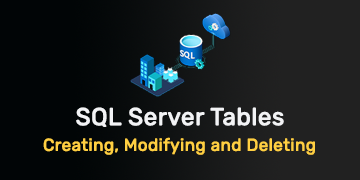
SQL Server Views: Simplifying Complex Queries
Explore SQL Server views to streamline complex queries, enhance data accessibility, and improve database management.

Introduction to SQL Server Triggers: Creating Automated Responses
Explore SQL Server triggers and learn how to create automated responses to database events for enhanced functionality.

SQL Server Tables: Creating, Modifying, and Deleting
Learn how to create, modify, and delete tables in SQL Server databases for effective data organization.
